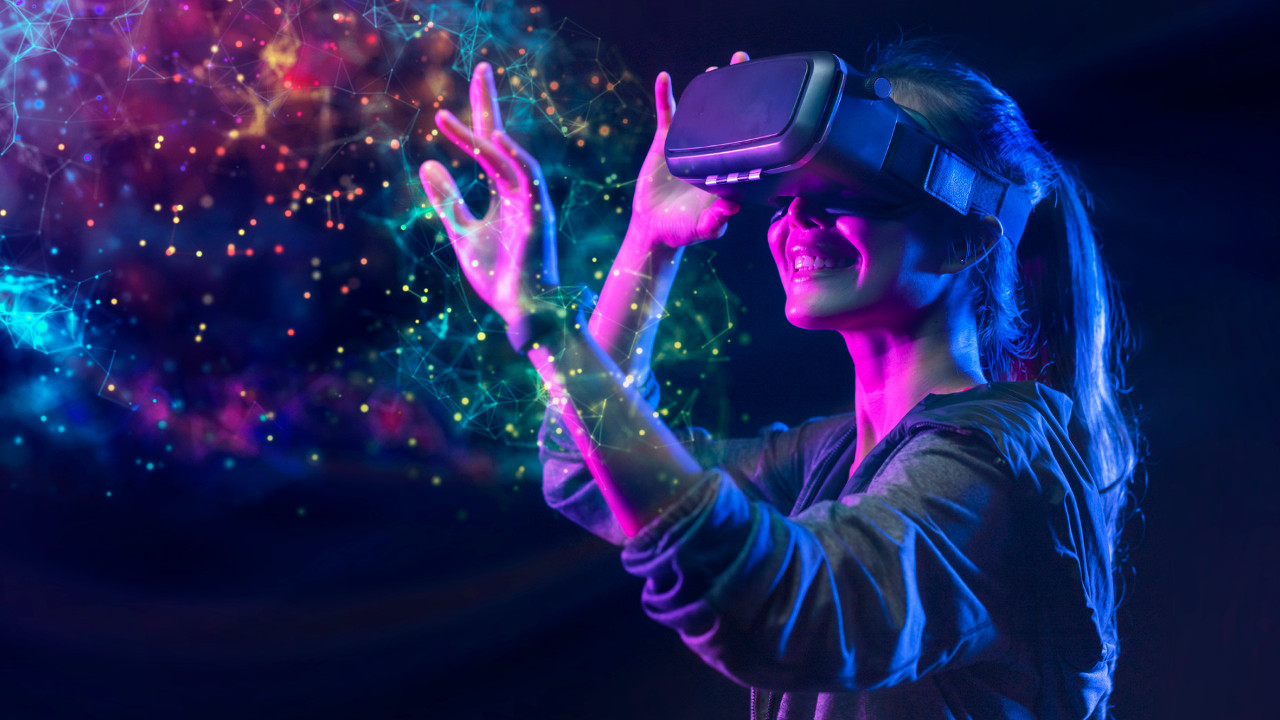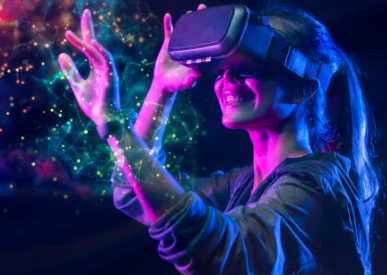For years, tech giants promised that virtual reality (VR) would redefine entertainment from how we watch movies to how we game, learn, and socialize. Yet despite big hype and billions in investment, mainstream adoption remained slow. But today, thanks to recent breakthroughs, that long-awaited VR moment may finally be arriving.
The VR Promise: From Fiction to Near-Reality
When VR headsets first hit the market, the excitement was undeniable. The idea of stepping into fully immersive 3D worlds captured imaginations. But clunky hardware, high costs, and limited content kept it from truly taking off. Now, that’s changing.
Lighter, wireless headsets like Meta Quest 3 and Apple Vision Pro are making VR more accessible. Faster processors, spatial audio, and sharper graphics are bringing experiences to life like never before.
Entertainment Studios Embrace VR
Major studios and streaming platforms are jumping in. Netflix and Disney are exploring VR-enhanced storytelling. Concerts from artists like Billie Eilish and Travis Scott have drawn millions of virtual attendees in metaverse-style events. VR is no longer just a gaming tool—it’s a performance stage, a cinema, and even a classroom.

Gaming continues to lead the charge, with titles like Half-Life: Alyx and Asgard’s Wrath 2 showcasing what’s possible when developers fully embrace immersive design.
Social and Interactive Experiences Expand
Platforms like VRChat and Horizon Worlds are turning VR into a social playground. Users are meeting, creating, and performing in virtual spaces—no longer limited to screens and text.
Education, too, is seeing a shift. Institutions are using VR for interactive history lessons, science experiments, and medical training—making learning more vivid and engaging.
Challenges Remain, But the Momentum Is Real
VR still faces barriers: motion sickness for some users, high price tags for advanced headsets, and the need for better mainstream content. But as developers, creators, and consumers continue to push boundaries, the momentum is undeniable.
The virtual reality revolution in entertainment has been a long time coming. While it hasn’t yet replaced traditional media, it’s closer than ever to becoming a part of everyday life. As technology catches up to imagination, VR might just fulfill its promise—and change how we experience the world.



